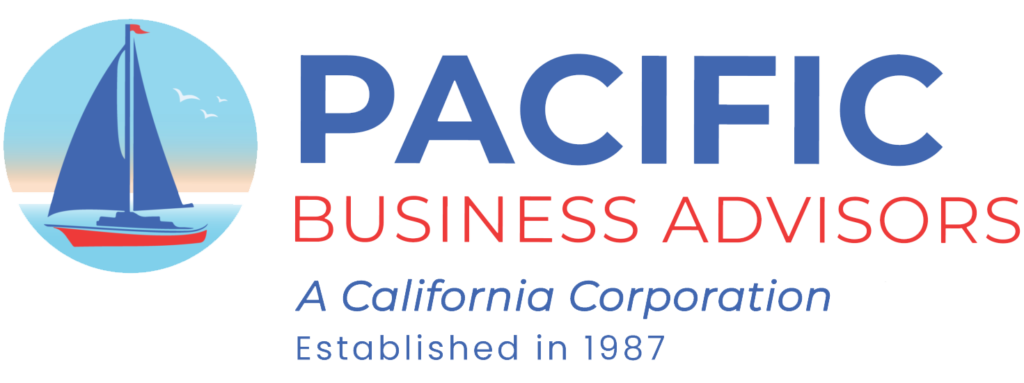

Seller's Discretionary Earnings (SDE) Multipliers and Add Backs
In placing a value or asking price on a small business, the owner or seller, and the business broker must agree on an appropriate multiplier to apply to the seller's discretionary earnings. A survey of California business brokers and Small Business Administration (SBA) lenders is likely to result in an average multiple of 3.0. However, 3.0 is not appropriate for all businesses. Some have a higher or lower multiples which can make a huge difference in valuations.
Given a SDE of $250,000 per year, a 3.0 multiplier results in a $750,00 valuation, whereas a 4.0 multiplier results in a $1,00,000 valuation.
The logical question to ask is what factors impact the appropriate multiplier? Following are some of the factors:
- Is the revenue of the business increasing from year to year or is it declining?
- Is the industry getting stronger or is it in decline? Examples of declining businesses are local newspapers and retail stores.
- Assuming the location of the business is relevant and not easily changed, is the location of the neighborhood improving or declining?
- Are the premises lease terms a positive or a negative?
- Are the financial records, including tax returns, reliable? Audited or CPA prepared tax returns and financial statements are a plus.
- Can all income be verified beyond doubt?
- Is the revenue of the business derived from many sources or is it concentrated in a small member of clients or customers? How vulnerable is the cash flow? The level of risk is a major factor.
- What is the size of the business in terms of market share. Larger businesses generally demand a higher multiplier than smaller businesses.
- The seller's willingness to stay after the sale for a sufficient period of time in order to facilitate a smooth transaction is a positive.
- Financing terms are often a significant factor. Seller financing is a significant positive in attracting buyers. Requiring all cash is a negative because it eliminates many buyers.
- What is the local reputation of the business? This is an important factor.
- Is there any pending legislation or regulations that will help or harm the business and/or industry?
- Are there any known pending tax increases that will harm the business?
- Will the sale of the business result in the loss of any invaluable employees such as relatives of the seller? Can they be easily replaced?
- How will increasing or decreasing interest rates impact the business in the short and long term?
- Is the business excessively dependent on the personal skills of the seller?
PacificBusinessAdvisors.net
Office: 818-991-5200
Direct: 818-991-9019